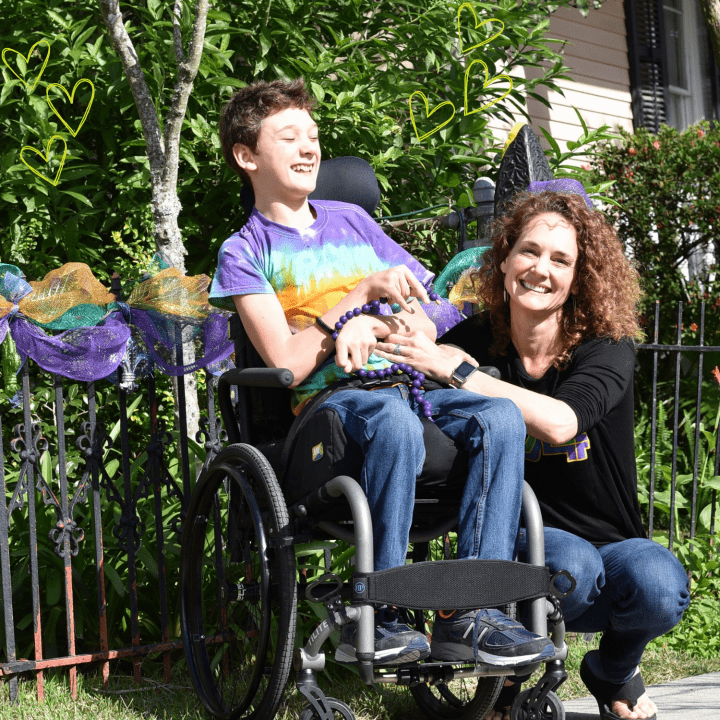

People with Cerebral Palsy often have involuntary movements that are difficult to control, impacting their function and everyday life.
These types of involuntary movements are often diagnosed as Dyskinetic Cerebral Palsy which includes Chorea, Athetosis and Dystonia.
This type of Cerebral Palsy is much more common than previously believed and can coexist with other types of Cerebral Palsy such as spastic diplegia or quadriplegia. You may have this type of Cerebral Palsy and not be aware of it.
There is an ongoing clinical drug trial currently enrolling children, adolescents, and adults between 6 and 70 years of age with Cerebral Palsy who have certain types of involuntary movements that are difficult to control.
This clinical drug trial is being conducted at sites across the United States testing an investigational drug to see if it has an effect. Compensation for time and travel may be available if you qualify.
To see if you, or someone you care for may qualify, please contact us today!
To Learn More:
or contact Jen Lyman at Jennifer.Lyman@yourcpf.org
About Dyskinesia:
The term "Dyskinesia" may be new to you, or you may not be sure exactly what it means. If you want to learn more, please check out our expert video with Neurologist and leading Cerebral Palsy clinician, Dr. Bhooma Aravamuthan discussing Dyskinesia.
Even if dyskinesia is not the predominant type of movement pattern that you have, it may still be the movement pattern that causes functional limitations for you.
**The Cerebral Palsy Foundation (CPF) is receiving compensation from the clinical drug trial sponsor, Neurocrine Biosciences, Inc., to share information about this clinical drug trial. CPF does not recommend, endorse, or otherwise promote the use of the investigational drug or participation in this clinical drug trial.

